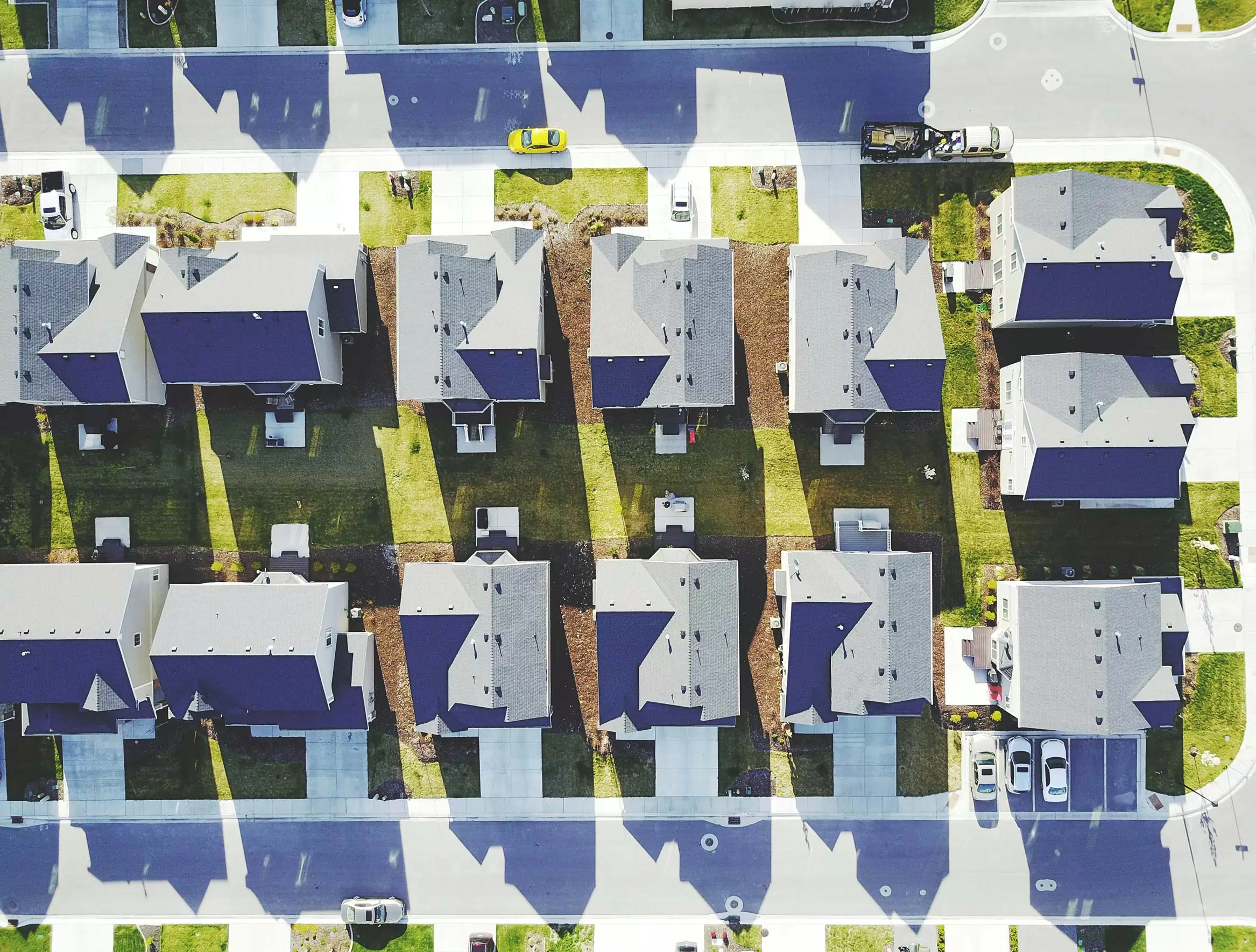Plovdiv, Bulgaria’s second-largest city, has evolved from an industrial hub to a centre for business, culture, and history. With over 18,800 residential buildings, 59% of its energy consumption and 66% of CO2 emissions stem from the residential sector.
The project focuses on the neighbourhood of Trakia which has a strong need for energy renovation due to its outdated infrastructure that exacerbated CO2 emissions. While mainly comprised of private multi-family residential buildings, the area also has kindergartens, schools and other socially relevant facilities.
Plovdiv underscores the need for informed decisions to streamline renovation processes and the need to support city authorities in expanding renovation efforts to more buildings.

3
renovation actions
4
digital solutions
The action
Part of the National Renovation Programme and National Woodstove Exchange programme, the action aims at improving the energy performance of buildings and the deployment of renewable energy sources (RES) in the residential sector. Despite these efforts, the renovation rate in residential buildings within the city has been slow and unsatisfactory.
GINNGER’s role
We will employ the co-creation methodology to engage all stakeholders, identifying barriers that have prevented residents from participating in the programme. Additionally, we will raise awareness through the SRI platform.
The action
Defining low-emission zones using a methodology based on air pollutants from residential burning and transportation. A citizen campaign will be conducted to implement three specific actions aimed at reducing emissions: car-free days, phasing out wood burning, and deploying renewable energy sources (RES).
GINNGER’s role
We will use the co-creation methodology and mobility tool to propose potential changes to the actions based on stakeholders’ interests, with the goal of increasing acceptance and enhancing the environmental impact of these initiatives.
The action
The Municipality of Plovdiv is implementing a renovation programme for multi-family residential buildings, which is funded by the Ministry of Regional Development. Residents have the opportunity to apply for funding to renovate their homes.
GINNGER’s role
We will use the GINNGER’s renovation tool to analyse the sustainable energy planning of the building stock and to model its energy characteristics, which will allow us to set priorities for action. Additionally, to streamline the renovation process, the existing one-stop-shop service will be expanded and enhanced through the tool’s digital platform. This platform will assist in assessing the best renovation paths in collaboration with residents.
Energy Efficiency
A 30% decrease of the primary energy consumption
A 10% increase of the renewable energy sources (RES) generation
Comfort
Comfort improved for 1% of the dwellings
Energy Poverty
A 1% decrease of the energy poor households
Air pollution
A 5% decrease of the PM emissions.
